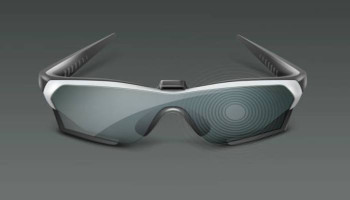
Elon Musk has announced that his company Neuralink has successfully implanted a wireless brain chip in a human for the first time.
The initial results showed promising nerve impulses and the patient is recovering well, Musk said.
The company's aim is to connect human brains to computers in order to address complex neurological conditions. Several competing companies have already implanted similar devices, BBC reported.
Read more: Japan’s SLIM lunar lander restores connection after failover
Neuralink received FDA approval in May to test the chip on humans, marking a significant milestone after previous struggles to gain approval. This allowed the start of a six-year study in which a robot is used to surgically place 64 thin threads onto a part of the brain that controls "movement intention".
The company claims that these threads enable their experimental implant, powered by a wirelessly chargeable battery, to record and transmit brain signals to an app that interprets the person's intended movements.
On his social media platform X, formerly known as Twitter, Musk stated that Neuralink's first product would be called Telepathy.
He mentioned that Telepathy would enable "control of your phone or computer, and through them almost any device, just by thinking".
He also mentioned that initial users would be those who have lost the use of their limbs and expressed the goal of enabling faster communication for individuals.
Referring to the late British scientist who had motor neurone disease, he added: "Imagine if Stephen Hawking could communicate faster than a speed typist or auctioneer. That is the goal."
















